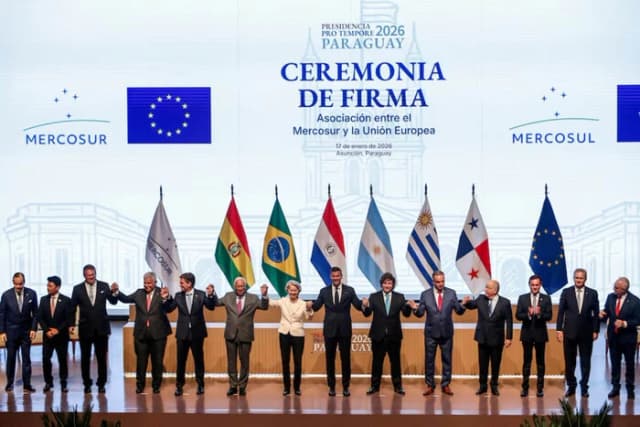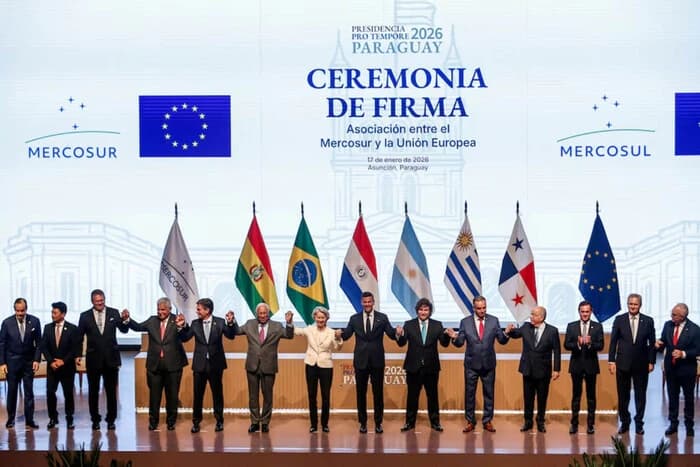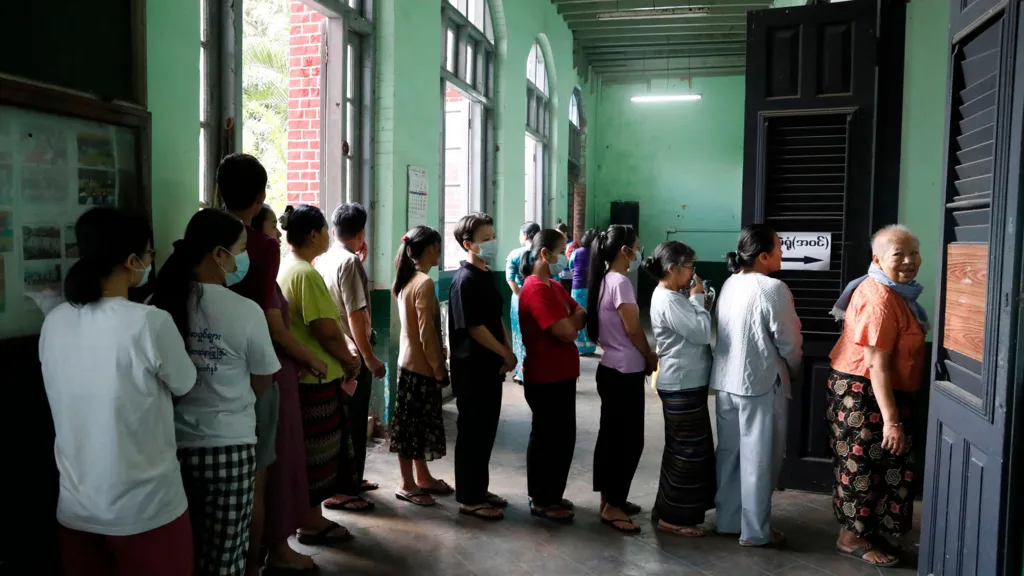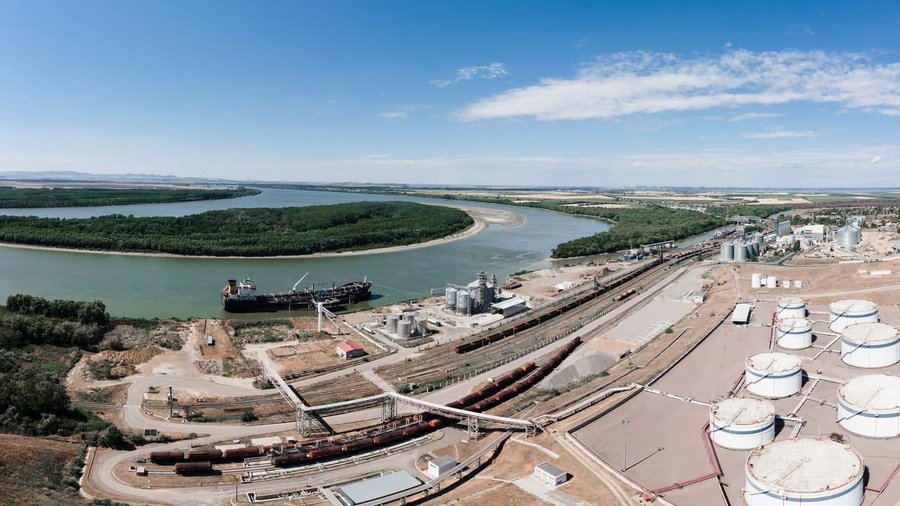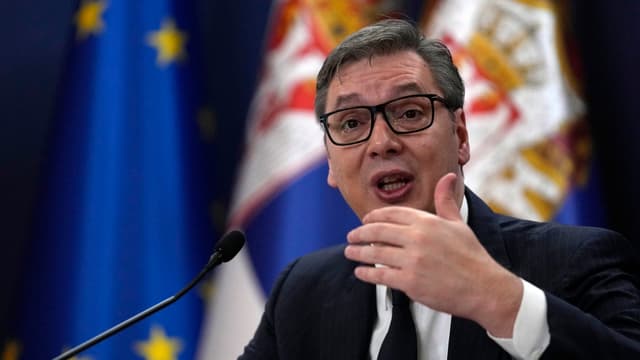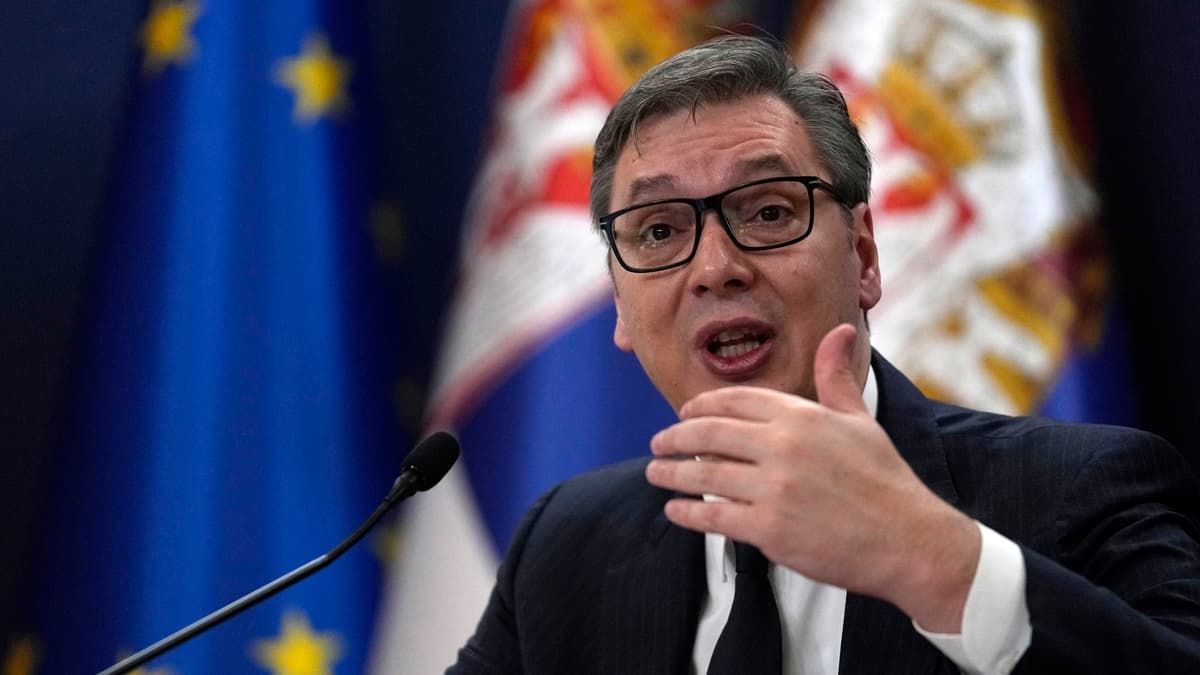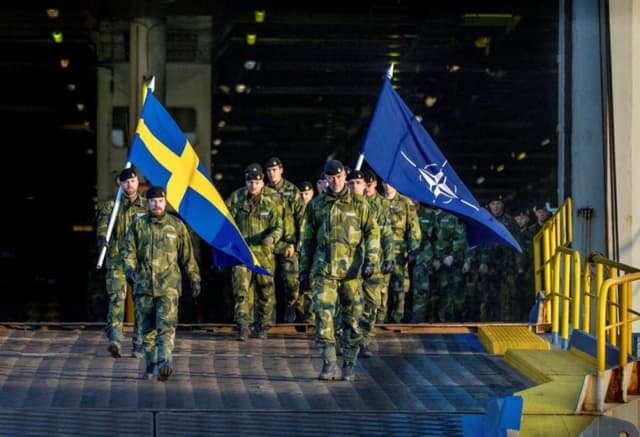Tanker wars: can Europe close the Baltic Sea for the Muscovite shadow fleet?

RESURGAM EDITORIAL
 A Russian tanker
A Russian tanker
About 60% of Moscovia's total maritime oil exports pass through the Baltic Sea and the narrow Danish channels. In fact, dozens and hundreds of old tankers filled with millions of barrels of oil, the profits from which support the Kremlin's ability to wage war against Ukraine, are sailing right up the nose of Europe, whose security is threatened by Moscovia. In addition, these tankers, which are 15-20 years old, threaten the ecology of the Baltic Sea and also carry out sabotage against Europe in this region. International law has no answer on how to respond to this due to its conservatism.
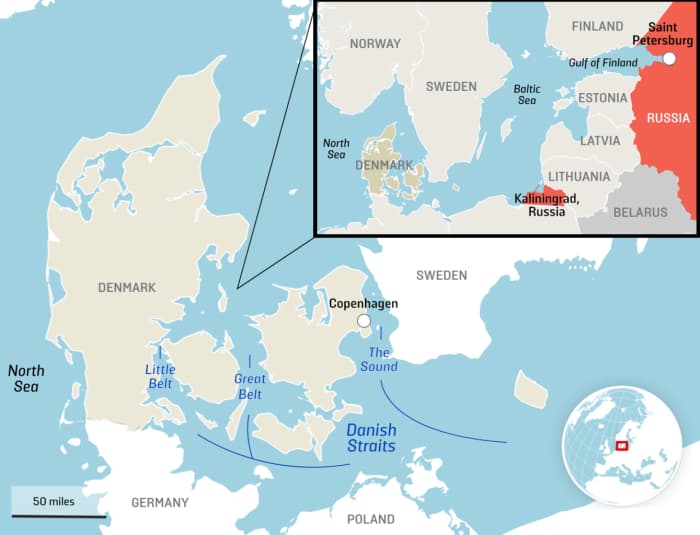 The Geography of the Danish Straits. FOREIGN POLICY
The Geography of the Danish Straits. FOREIGN POLICY
The sanctions that Europe is imposing on Russian tankers are ineffective because they only prohibit these vessels from entering European ports, which they do not intend to visit. They transport oil to India, China and other countries. Therefore, the current European sanctions have virtually no effect on reducing Russian oil revenues.
What needs to be done? Geography provides a clue: block the Danish channels for Russian oil exports.
Salami tactics from the Baltic countries
The Scandinavian and Baltic countries have been promoting the idea of a blockade of Mocovia's shadow fleet since at least the end of 2024. The northern countries are taking gradual steps to achieve this goal, as if slowly tightening the noose around the neck of the Russian shadow fleet.
On 28 January 2025, during a visit to the Latvian capital Riga, Finnish Foreign Minister Elina Valtonen called on the Baltic countries to jointly strengthen control over the sea and channels in order to effectively block Mocovia's ability to use sanctioned tankers.
On 6 February, Denmark supported Finland's call. Copenhagen announced that it would intensify inspections of Russian shadow fleet tankers due to their increased activity. Previously, Denmark only conducted such inspections when a ship entered port, which shadow tankers rarely did. For a long time, Denmark claimed that it would not interfere with Russian ships passing through its waters. The country referred to a 1857 treaty that allows free passage of ships travelling through Danish channels.
However, in order to be effective, countries such as Finland, Sweden, Lithuania and Estonia need the support of military powers such as Germany and Poland to block the Baltic Sea for the shadow fleet.
On 15 March, Germany decided to test the Kremlin's reaction for the first time. First, the tanker Eventin, part of the shadow fleet, was arrested by a final customs order . Then, on 21 March, German customs confiscated the tanker along with $40 million worth of oil.
In May, the fight against the Russian tanker fleet intensified. On 13 May, Estonia attempted to detain the Russian tanker Jaguar, which was under British sanctions. The ship, sailing without a flag near the island of Naissaar, not far from Tallinn, refused to stop. During the attempt to detain the ship, Mocovia sent a Su-35 fighter jet, which violated Estonian airspace for one minute in the area of the Yumia peninsula. Portuguese Air Force F-16 fighter jets responded quickly to the incident. This is considered the first incident in which Russia has demonstrated military force in support of its shadow fleet, and the first entry into Estonian airspace in at least three years.
 The Russian tanker Jaguar
The Russian tanker Jaguar
On 18 May, in order to retaliate against Estonia and intimidate other countries, Mocovia detained the tanker Green Admire, which had left the Estonian port of Sillamäe under the Liberian flag and was heading for Rotterdam in the Netherlands. The tanker was later released, but this incident on the part of the Kremlin was the first and was a demonstrative act of intimidation in response to Estonia's attempt on 14 May.
But the act of intimidation, as planned by the Kremlin, did not work. On 21 May, Poland sent warships to intercept a vessel that was on the shadow fleet list and was performing suspicious manoeuvres near the power cable connecting Poland and Sweden. The Russian ship abruptly changed course before the Polish ship approached and returned to port, where it is now effectively blocked.
On the same day, Putin's press secretary Dmitry Peskov called such incidents ‘pirate attacks’ and threatened a ‘tough response with all available means.’
On 22 May, German Chancellor Torsten Frei said that Europe must step out of its ‘comfort zone.’ He emphasised Merz's position on the need for tough sanctions in the 18th package and the need to destroy the capabilities of Russia's ‘shadow fleet.’
On 23 May, two Moscow Su-24 bombers demonstratively performed provocative manoeuvres (simulating an attack) near NATO borders. But over international waters. This was a so-called attempt to test Europe's ‘escalation threshold’. The Kremlin's calculated intimidation tactic failed once again. The Kremlin expected that there would be no response, as this was international airspace.
However, the Polish and Finnish air forces recieved orders from NATO's Allied Command Operations in Europe (Germany) to intercept the aircraft. Once Moscow's radars realised that NATO aircraft were coming to intercept, the Su-24s quickly retreated. This demonstrated to the Kremlin that the escalation threshold had been lowered and that European countries were ready to respond — even in international airspace, if it posed a potential threat with a low probability.
Europe's tough stance on Russia's shadow fleet seems likely to be an integral part of the 18th package of sanctions, as Denmark, Finland, Estonia, Latvia and Lithuania have received German-Polish support in this regard.
What further steps should be taken?
The pursuit of Russian shadow tankers is important, but it is necessary to ensure that these ships cannot leave the Baltic Sea at all. As noted by Andriy Klymenko, head of the Monitoring Group at the Black Sea Strategic Studies Institute, the EU can take several steps to stop oil from Russia:
Declare a ‘special period’ regarding the application and/or temporary suspension of certain provisions of maritime law and international agreements concerning freedom of navigation, freedom of passage and transit, etc. until the end of Russian aggression. International maritime law is de facto a ‘peacetime law,’ so it is impossible to influence the above-mentioned processes within its framework.
Prohibit all shipowners from EU countries from transporting Russian oil and petroleum products from Russian ports.
Include in the sanctions lists all tankers that have been recorded in the last six months transporting Russian oil and petroleum products. Among other things, the sanctions should prohibit the use of pilotage and other maritime services in EU countries.
Temporarily introduce mandatory pilotage in the Danish straits. This step will create a reliable lock for Russian tankers under sanctions, which cannot use pilotage and other maritime services.
This will prevent tankers from Russia's shadow fleet from leaving the Baltic Sea.

RESURGAM EDITORIAL
You may be interested
